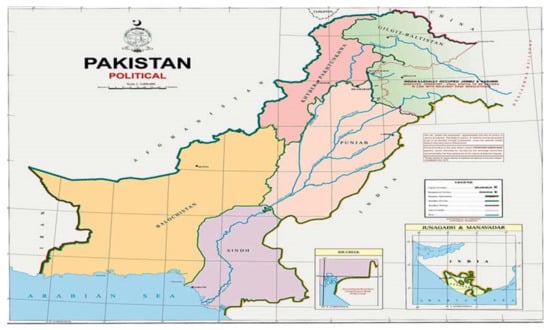Review Papers in Energy Economics and Policy
A topical collection in Energies (ISSN 1996-1073). This collection belongs to the section "C: Energy Economics and Policy".
Viewed by 29392Editor
Interests: renewable energy; investment analysis; project financing; public–private partnership; Islamic finance; agricultural economics; circular economy; corporate social responsibility; productivity analysis; organizational models; digital innovation
Special Issues, Collections and Topics in MDPI journals
Topical Collection Information
Dear Colleagues,
The purpose of this Review Special Issue is to offer the opportunity to communicate, through Review Papers, recent research advances in energy economics and policy as well as its possible future directions. In particular, it focuses on the innovation aspects of economics and policy of energy supply, trading, delivery and consumption, combining expertise in innovation theory, energy system organizations and institutions, as well as the wider policy and regulatory context of energy. This is particularly relevant in light of the scenario that has emerged as a result of the COVID-19 pandemic. Submissions are encouraged on—but not limited to—the following topics:
- Energy finance and markets;
- Energy demand and supply;
- Sustainable energy transition;
- Energy and environmental economics/policy;
- Energy policy;
- Energy generation, storage, distribution, and use;
- Relationships between energy and economic development.
Papers selected for this Review Special Issue will be subject to peer review, with the goal of a rapid and wide dissemination of research results.
Prof. Dr. Donato Morea
Collection Editor
Manuscript Submission Information
Manuscripts should be submitted online at www.mdpi.com by registering and logging in to this website. Once you are registered, click here to go to the submission form. Manuscripts can be submitted until the deadline. All submissions that pass pre-check are peer-reviewed. Accepted papers will be published continuously in the journal (as soon as accepted) and will be listed together on the collection website. Research articles, review articles as well as short communications are invited. For planned papers, a title and short abstract (about 250 words) can be sent to the Editorial Office for assessment.
Submitted manuscripts should not have been published previously, nor be under consideration for publication elsewhere (except conference proceedings papers). All manuscripts are thoroughly refereed through a single-blind peer-review process. A guide for authors and other relevant information for submission of manuscripts is available on the Instructions for Authors page. Energies is an international peer-reviewed open access semimonthly journal published by MDPI.
Please visit the Instructions for Authors page before submitting a manuscript. The Article Processing Charge (APC) for publication in this open access journal is 2600 CHF (Swiss Francs). Submitted papers should be well formatted and use good English. Authors may use MDPI's English editing service prior to publication or during author revisions.
Keywords
- economic models
- costs and pricing of renewable resources
- business models
- energy demand management
- energy supply chain management
- analysis and forecasting of electric power/natural gas/coal/fuels/petroleum products
- innovation challenges in the energy sector and its industries
- renewable energy sources
- lifecycle carbon assessment
- climate change mitigation and adaptation
- regulatory changes and innovations
- energy policymaking
- emerging policy issues
- energy law and regulation
- energy cost
- energy efficiency
- new and emerging technologies influencing energy production or consumption
- energy and national development
- energy and urban development
- economic growth and sustainable energy production







